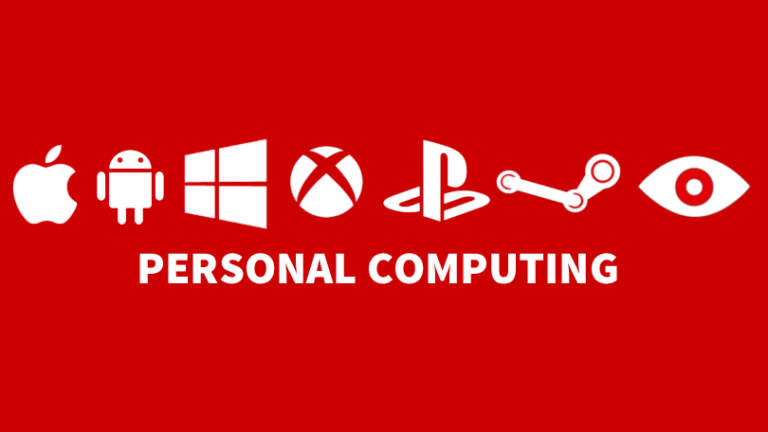
[ad_1]
Here’s something you may not know about me. Since last January, I have been running PCMag’s social media platforms, including Facebook and Twitter. It’s not the first time I’ve done this for a fairly large media entity, and I’ve been doing it since way back in the olden Internet days of 2007.
That said, I’ve seen and read everything from all manner of audience member, from the one who likes every single post we publish but never comments, to the contrarian who isn’t happy unless he or she starts an argument with another commenter. Sometimes these debates are fun to watch and bring out the passion in the parties stating their case. But most times, the opposite is true.
I’ve shared my opinions on conversation on the Web a few times in this space. I’ve gone so far as to call for trolls to be fined actual money for the things that flow from their tainted keyboards. That will probably never happen, but there is one battle I am determined to win with the PCMag readers, and that is the battle over what the letters “PC” actually mean.
As you probably know, PCMag has a storied history that dates back to 1982. Until 2009, we were still on printed pages. Now we’re solely in the digital realm, the result of a major disruption and evolution in multiple industries. Everything evolves, and in technology, everything evolves at a ridiculous speed. That means the definition of “personal computing” has also changed over the decades. Some call it mobile, others call it gaming, but it’s all rooted in the very broad definition that gets broader every time a new technology or innovation emerges. People far more important than me have said the same thing. On the eve of the PC’s 30th anniversary, our Editor-in-Chief Dan Costa wrote that it’s a better time than any to redefine personal computing. This year, home automation and virtual reality have carved themselves a place in the personal computing family.
To me, this is not a hard concept to grasp. In fact, it’s an exciting one that keeps me a fan of not just one technology, operating system, or brand, but rather the whole spectrum of achievement in personal computing, whether it comes from Apple, or a relative upstart like Oculus VR. I’d like to think that everyone who reads our articles and comments on our Facebook posts feels the same as I do about technology, but I’m writing today to call you out, because based on the comments I come across on our articles and social media posts, there seems to be one agenda driving the conversation.
That agenda, simply put, is that “PC” should be defined as one type of computing device that sits on a desk, collects dust, and runs some flavor of Windows. Anything relating to, god forbid, Apple, has no place here. You may think you’re clever, but I’ve seen enough “iMag” jokes to fill up 10 lifetimes. And those are the nicer comments. Sadly, these comments aren’t limited to the Apple and Android fanboy wars; it exists on almost all our articles. There are a few diamonds in the rough – people who have an analytical and balanced outlook on tech topics. But those voices usually get drowned out by asking us how much [insert tech brand] paid us to write an article (for the record, the answer is $0).
I don’t care about those comments or the people who make them, because it’s unlikely that they will ever change. What I am interested in, though, are those who know, as I do, that personal computing is not something that’s stuck in 1982. Technology’s horizons have broadened, and so should yours.
[ad_2]
Source link : https://www.pcmag.com/opinions/a-pc-is-not-just-a-box-on-your-desk
